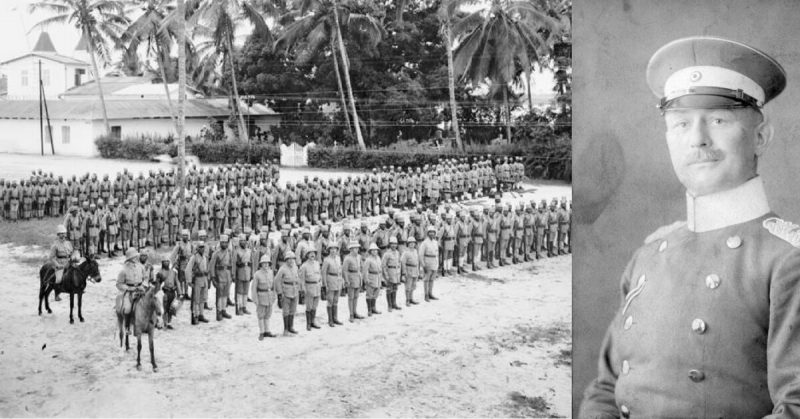Paul von Lettow-Vorbeck has been called the leader of the “greatest single guerrilla operation in history,” by Edwin Palmer Hoyt, an American writer of military history.
He has also been called a true representative of all that Imperial Germany was and stood for; according to author Karen Blixen, who was his friend.
Lettow-Vorbeck was a German General during World War I and led forces in East Africa. With troops numbering about 14,000, he successfully fought 300,000 British. He also managed to invade British territory.
A Military Man
Lettow-Vorbeck’s military career began in 1890 when he was a Lieutenant in the German Army. Ten years later, he was posted to China, where he was assigned to fight guerrilla forces during the Boxer Rebellion.
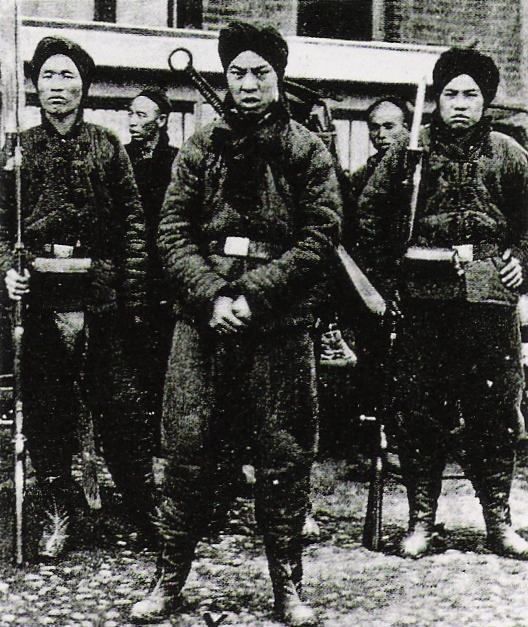
However, it was not a post he enjoyed, and he returned to Germany in just one year. His traveling not yet over, Lettow-Vorbeck was sent to the area that is now Namibia in Africa. On the way, he made a detour to South Africa to receive treatment for injuries to his eye and chest.
Back in Germany in 1909, he continued to rise through the ranks during his first two decades in the military.
The First World War
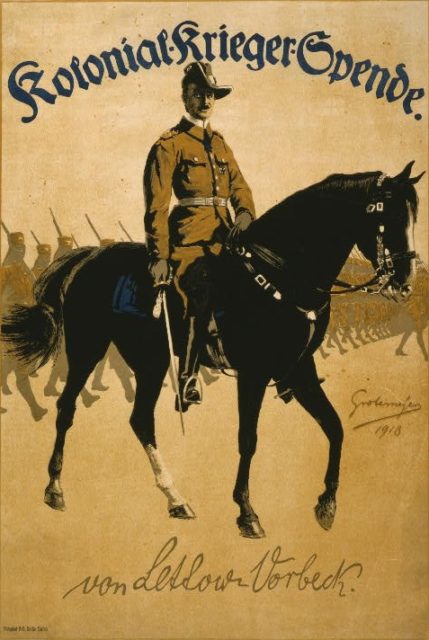
Sent to East Africa after the outbreak of World War I, Lettow-Vorbeck knew the African continent would not be the War’s main theater. He made it his personal mission to keep as many British troops as possible tied up there. This would, in turn, keep them away from the war in Europe.
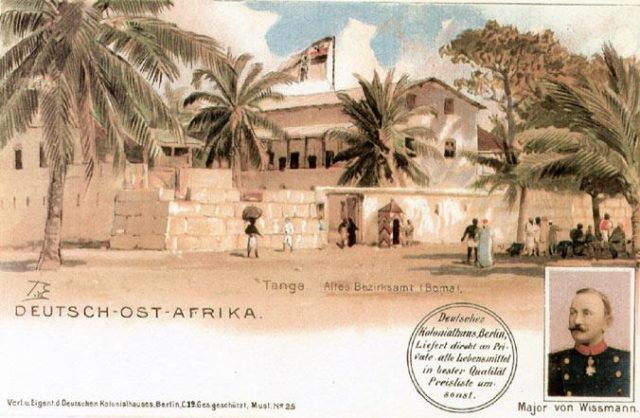
One of his first encounters in action was in August 1914. Lettow-Vorbeck ignored orders from his superiors in Berlin, as well as the local German Governor, and organized an attack on the British in Tanga.
The fight raged for four days and resulted in a substantial German victory, with only 16 German deaths as opposed to 360 British. Forced back, the British abandoned most of their supplies. Lettow-Vorbeck now had everything he needed to outfit three companies with rifles and 600,000 rounds of ammunition, as well as machine guns and field telephones.
In January the next year at Jassin, he led his troops to attack the British railways, winning another victory.
Eventually, the British found ways to stop being such attractive targets. Lettow-Vorbeck was forced to take his attacks into British territory, specifically their colonies in what are now Uganda, Zambia, and Kenya. There, he targeted forts, transportation and any means of communication. During this time he realized the need for guerrilla warfare similar to that used in Asia.
Guerrilla Warfare
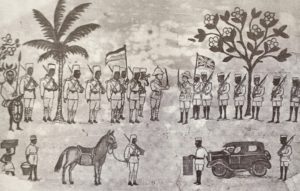
Lettow-Vorbeck enlisted the help of some new soldiers. He recruited 14,000 troops, mostly local Africans. He gained the respect of the locals, being fluent in Swahili, and for his lack of discrimination. He frequently promoted African officers and was well known for the respect he paid his troops, regardless of origin.
In March 1916, the British and Belgians decided to launch a counterattack against Lettow-Vorbeck, with 45,000 troops.
However, the German used the terrain and his knowledge of the local area to his advantage. The fighting continued for a month. One of the greatest battles took place at Mahiwa, during which the German death toll was about 500 men. The British lost more than 2,700.
This substantial victory won Lettow-Vorbeck the title of Major-General. However, after this battle, the British brought in replacements for their fallen troops. Lettow-Vorbeck did not have the same advantage, and he was forced to withdraw and ration his supplies.
Following this, he and his troops were forced to live off the land and find supplies where they could, for about a year. They were excellent at acquiring everything they needed. When the war ended, they had more than enough supplies left. Some reports say they had more ammunition than they could carry.
The Aftermath of the War
Although the Germans did not win World War I, Lettow-Vorbeck returned home to a hero’s welcome. He led 120 of his officers, in their ragged uniforms, through a victory parade.
The ending of the war had forced him to surrender, but he was the only German commander able to invade British territory and succeed. His guerrilla warfare tactics, his tenacity, and his excellent leadership skills made him respected in every circle, Allies included. He became great friends with some of the British officers he had known during the war.
Afterward, Lettow-Vorbeck settled down, married and had four children. He remained in the military until 1920, then worked as an import-export manager.
As time went on and the Nazi regime began to form, Lettow-Vorbeck deeply distrusted both Hitler and the Nazis. Hitler, however, offered him an ambassadorship to the United Kingdom, which Lettow-Vorbeck turned down. He, apparently, gave Hitler some very crude remarks in response. The refusal offended Hitler and Lettow-Vorbeck was subjected to continuous surveillance, and his home searched.
Lettow-Vorbeck did not play a part in World War II. Both his sons, who had participated in the War, were dead and his house had been destroyed by the Allies. He was penniless.
In 1953, he went back to East Africa, where he was welcomed by his former African troops. British colonial officers also received him with military honors.
Lettow-Vorbeck lived to the ripe old age of 93, before passing away in Hamburg.
